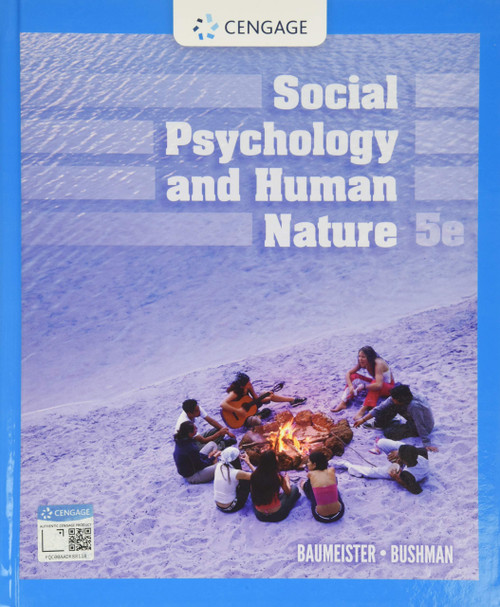- What sort of conditions provoke aggressive behaviour among humans?
- Why are some people more aggressive than others?
- How do normal human characteristics like thoughts and feelings enter into aggressive behaviour?
The fully revised and updated edition of this successful book offers a brief introduction to the psychology of human aggression. Aggression is defined as an act of intentional harm inflicted on another person in response to some provoking circumstance, through a process involving thought, feeling, judgement and motivation. Several theoretical schemes are discussed, according to which these psychological processes are shown to interact with each other to determine the likelihood and intensity of aggressive behaviour. The theoretical material is followed by chapters in which the psychological processes are used to analyse such practical problems as sexual and partner abuse, bullying, delinquency, and the effects of violence in the media, video games, and sporting events.
The second edition includes new material on the difference between proactive versus reactive aggression, on social information-processing, and on the effects of violent games. It also pays increased attention to instrumental versus affective aggression, to age, sex and personality as moderators, and to the impact of aggression on everyday life.
In all, the book provides an accessible text for students of psychology and others interested in obtaining a concise overview of research and theory on human aggression and violence.










